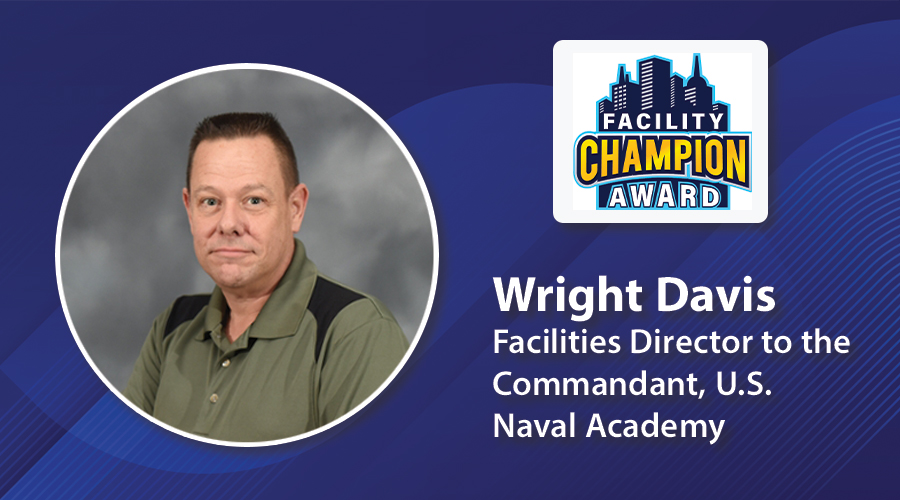Understanding FM Training and Education Options
A range of FM training options is available to fit any budget or time constraints. Here are some of the best.
Given the range of skills required of facility managers, many will need to acquire or improve their skill sets.
One tactic is simply asking questions and being observant. How do other facility managers manage their employees and operations? How do executives in other departments make the case for investments in their operations? After all, almost every department has to fight for funding. Facility managers also can take advantage of any internal programs their organization offers, for instance, leadership training, notes Stormy Friday of The Friday Group.
In addition, most industry organizations offer training programs and certifications. The International Facilities Management Association (IFMA), Building Owners and Managers Association International (BOMA), APPA (previously known as the Association of Physical Plant Administrators,) ASHE (an association for professionals who design, build, maintain, and operate healthcare facilities), BOMI, and many other organizations offer educational opportunities ranging from webinars to national conferences and local meetings, as well as certification programs.
Education is also available from other sources. Building Operating Management’s NFMT (National Facilities Management and Technology) offers conferences and expositions in the spring and fall. NFMT also helped create a new credential and training program, ProFM, which is designed to provide modern, practical, and complete FM knowledge and skills to facility professionals around the world. The ProFMI Commission led the development of the ProFM body of knowledge covering four functional areas (asset management, business management, risk management, and operations and maintenance) and six cross-functional competencies (communication, sustainability, quality, innovation, collaboration).
To be sure, acquiring the skills expected of today’s facility managers can require “getting outside your comfort zone,” Friday notes. But the payoff, in terms of a better-run facility, greater career opportunities, and heightened respect within the organization can make it worthwhile.
Karen Kroll, a contributing editor for Building Operating Management, writes about real estate and facility issues.
Email comments to edward.sullivan@tradepress.com.
Related Topics:















